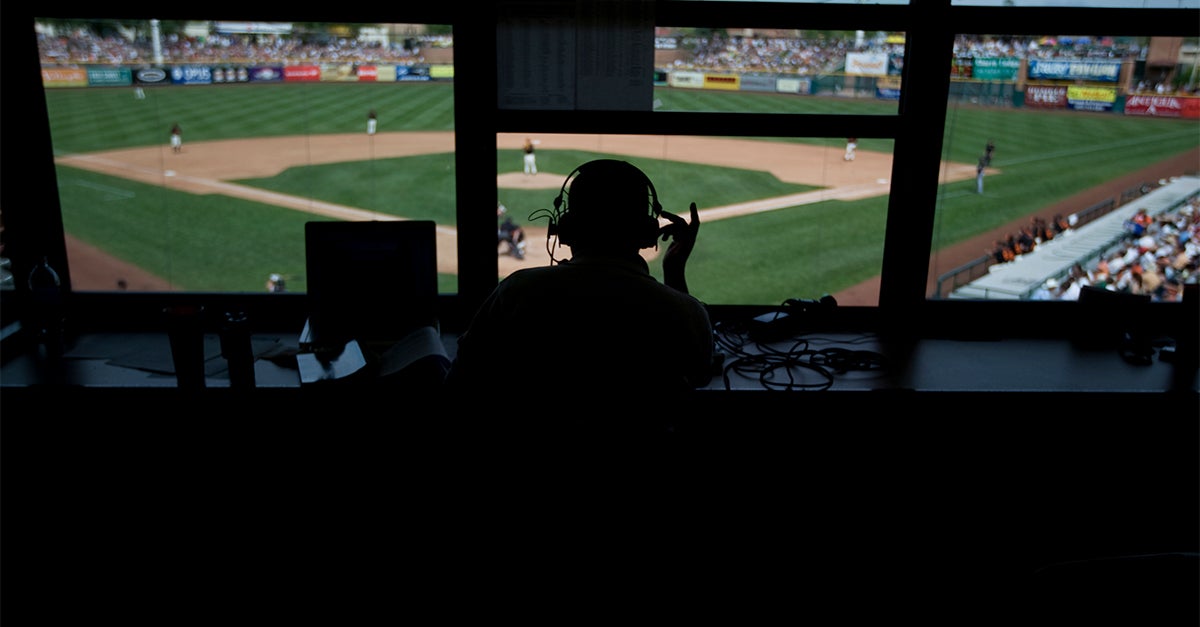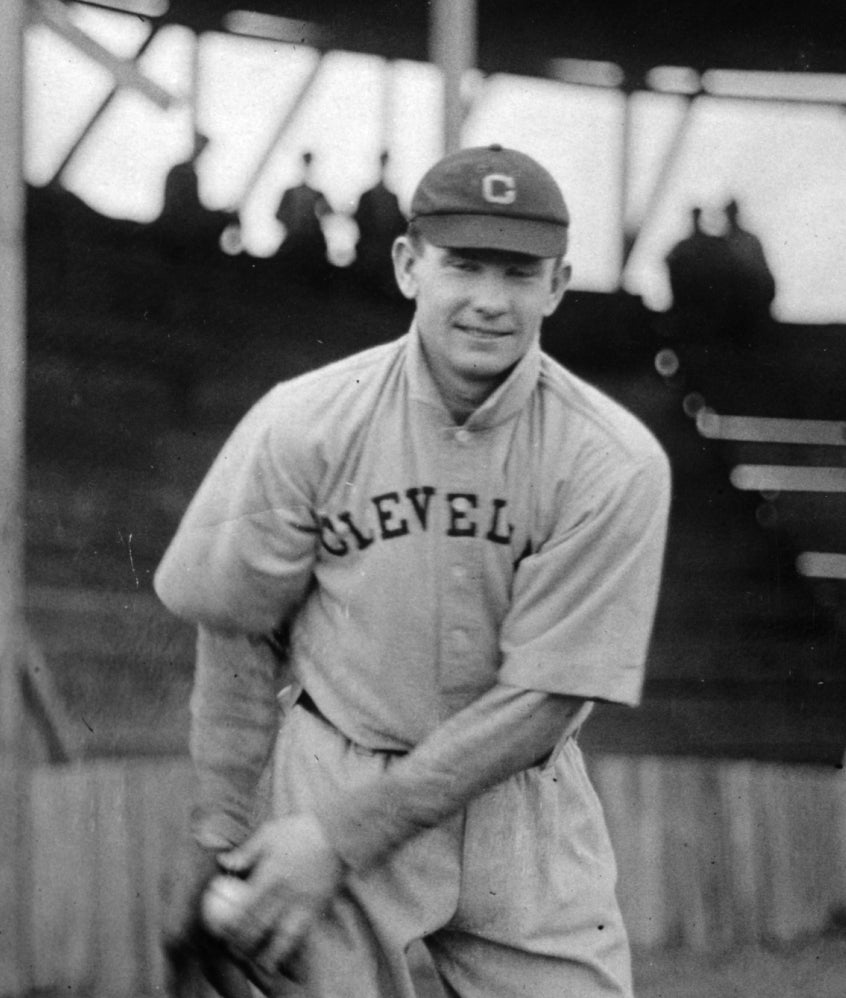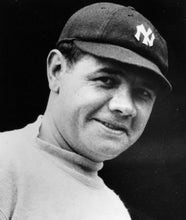“My son John was born in the morning, I aired a doubleheader in the afternoon, and covered the fight that night.”
- Home
- Our Stories
- Hal Totten
Hal Totten
The next best thing to watching a baseball game is listening to one on the radio, and the first man to bring baseball games live from the stadium to the homestead on a day-to-day basis was Hal Totten.
Totten made history with Chicago station WMAQ in 1924 when he broadcast the Cubs’ entire slate of home games from Wrigley Field. Prior to Totten’s debut, the events of a major league game – home or away – were only distributed through newspapers, which is where Totten got his start. He was a stringer for Chicago’s Journal and Daily News, earning seven cents per column inch.
Cubs owner Philip Wrigley wanted an ex-ballplayer in the booth but “when Solly Hofman bombed, I volunteered lickety-split,” Totten said. “It was a great way to see games free.” WMAQ added White Sox games to Totten’s schedule two years later, giving him the call of every Chicago ballgame as other rival stations quickly jumped on as well.
Totten stuck strictly to the action on the field when he called the games, going solo on every broadcast. Come fall, he reported World Series highlights for the Daily News in 1926 and 1927, then was subsequently hired to call the Series live for CBS (1928-29), NBC (1931-33, 1935) and Universal Newsreel (1936-39). He was behind the mike for Babe Ruth’s “called shot” home run against the Cubs in the 1932 Series, an event that Totten maintained did not actually occur. The following summer, Totten made another first, as the original voice of the All-Star Game for NBC.
Totten’s talent pulled him into other sports as well, including everything from golf and table tennis to horse racing and the NFL. He once called 15 Chicago high school prep basketball games in a single day, and covered a mule rodeo in Missouri where the stands were completely empty. In 1927, Totten called a heavyweight boxing tilt between Jack Dempsey and Gene Tunney, famously counting to 14 while Tunney was on the mat in what was later deemed the “Long Count Fight.”
“My son John was born in the morning,” Totten said of that day. “I aired a doubleheader in the afternoon, and covered the fight that night.”
In 1939, Totten’s station WCFL was sold, removing him from national baseball coverage. He resumed writing for the Daily News and called Mutual’s “Game of the Day” from 1945-50. He later served as president of the Three-I League and Southern Association before retiring from baseball when the Southern Association dissolved in 1962. He passed away in 1985 at the age of 83.
2016 Ford C. Frick Award Ballot
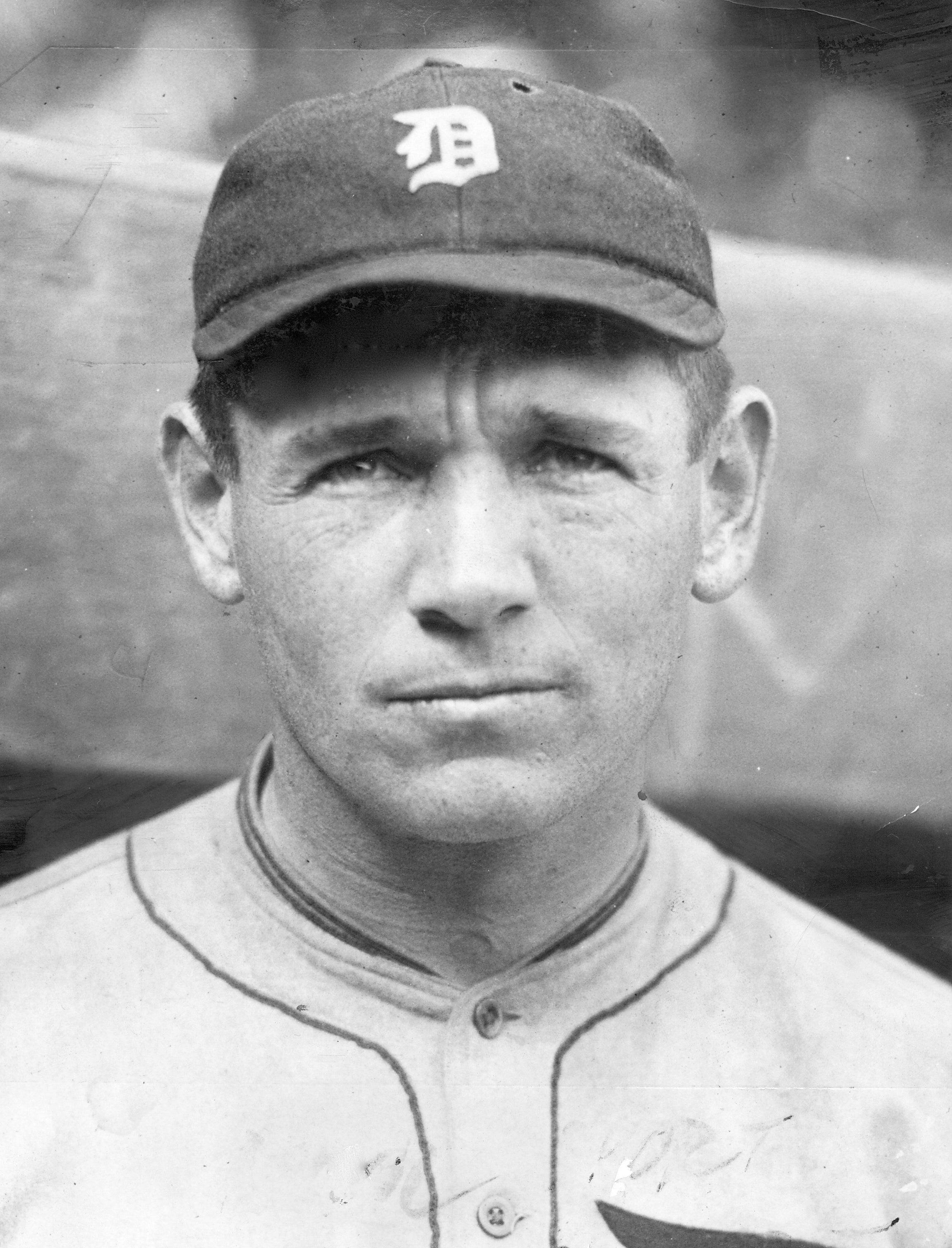
Harry Heilmann
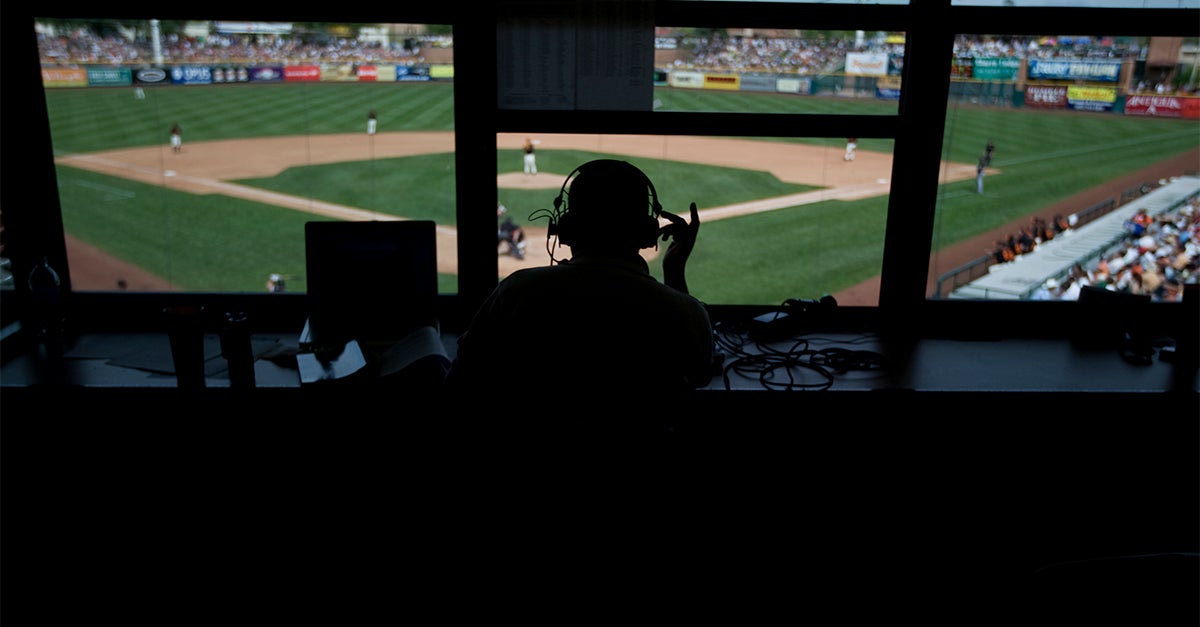
Al Helfer
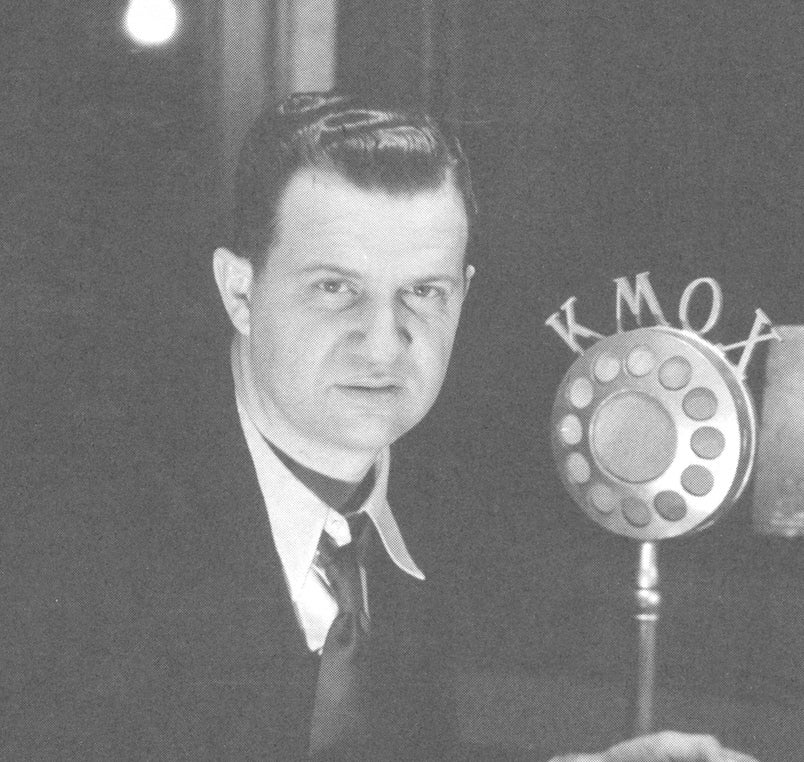
France Laux
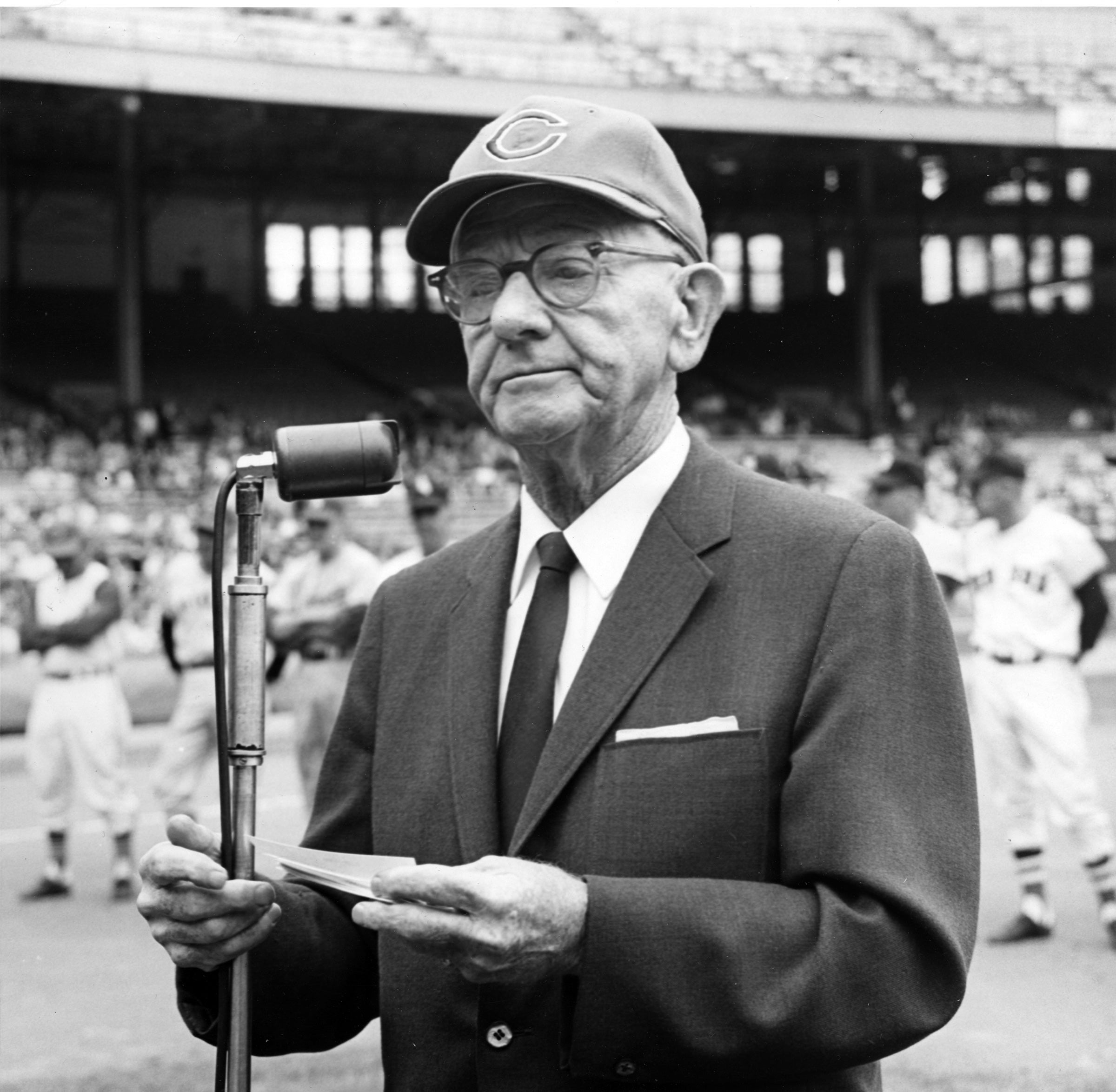
Tom Manning
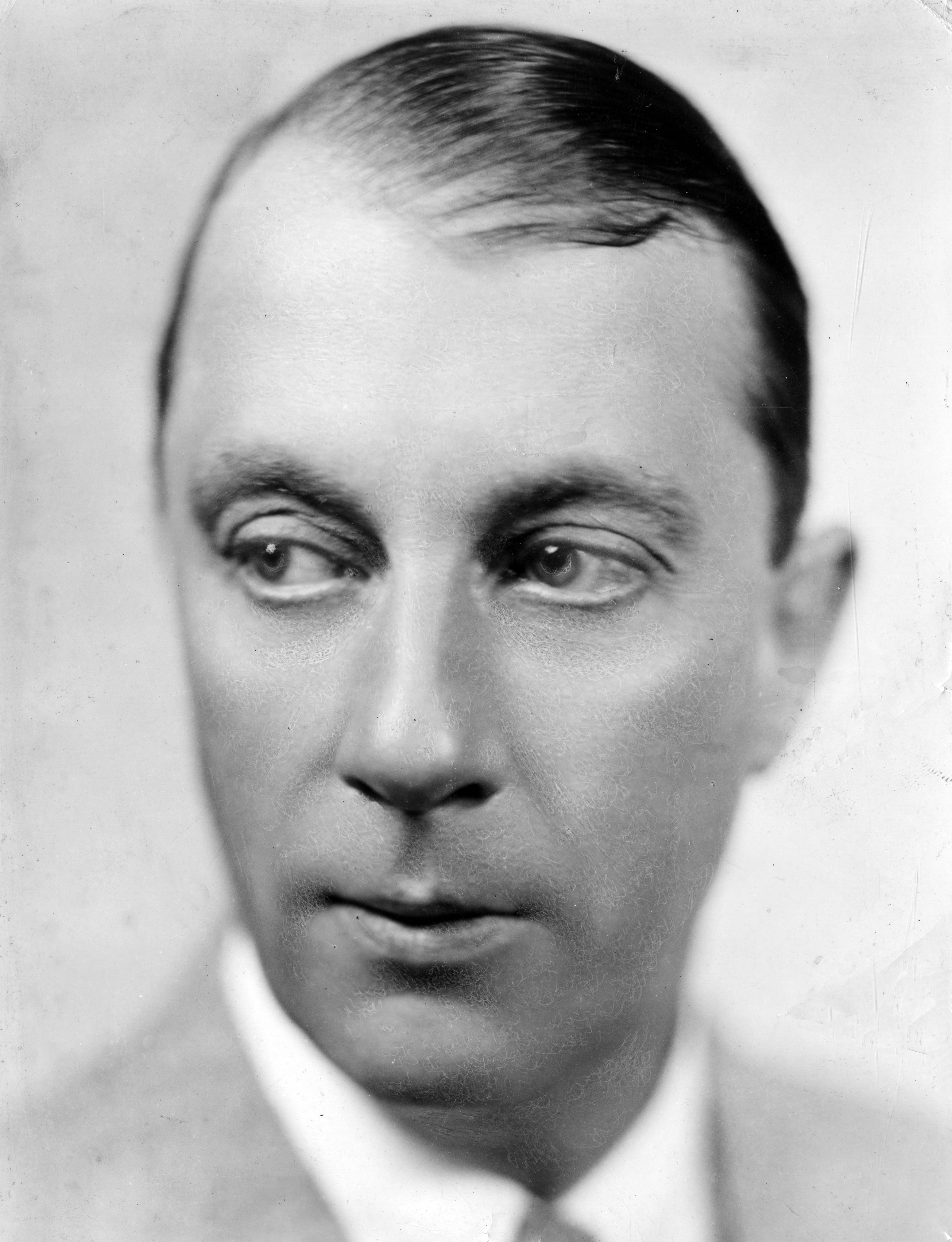
Graham McNamee
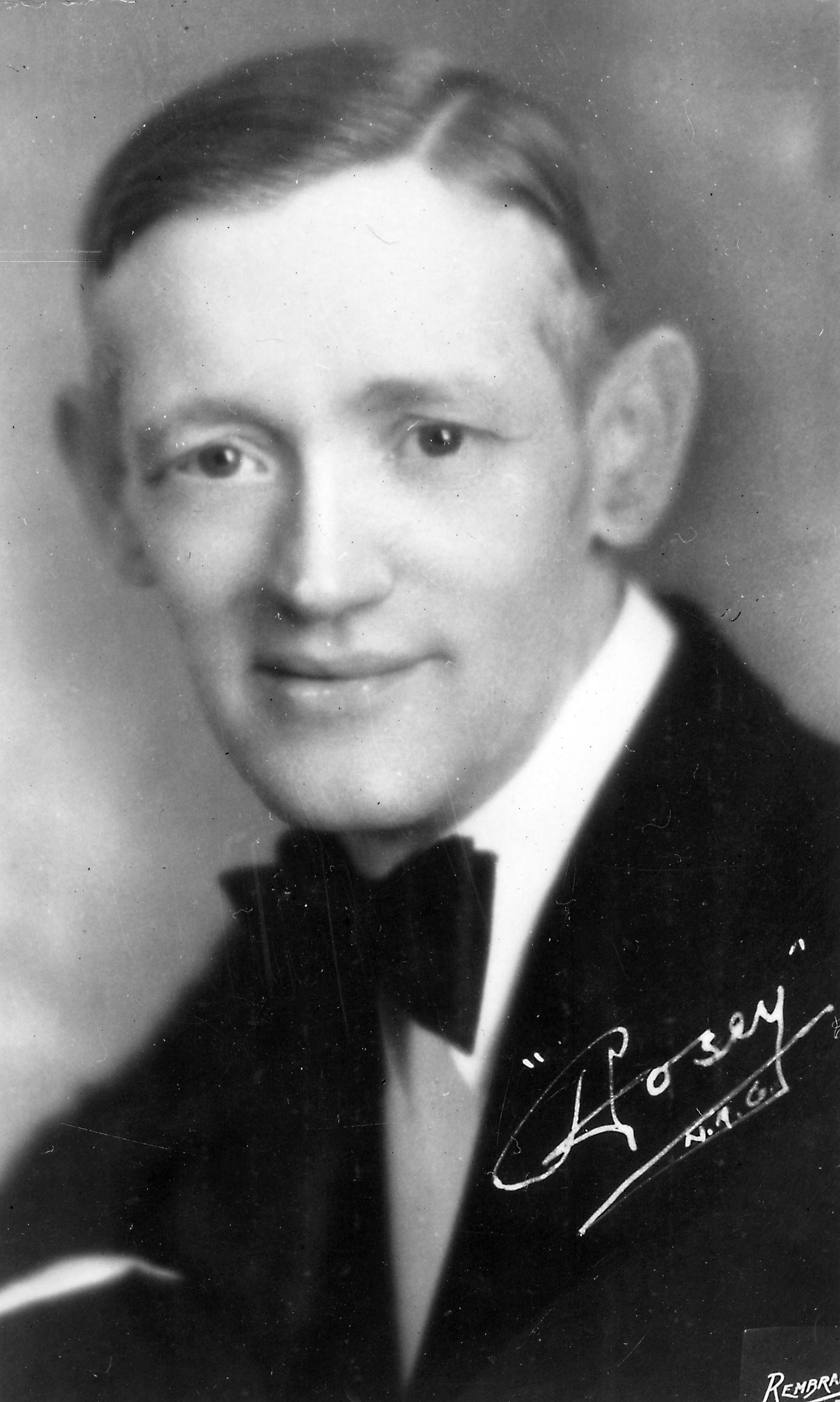
Rosey Rowswell
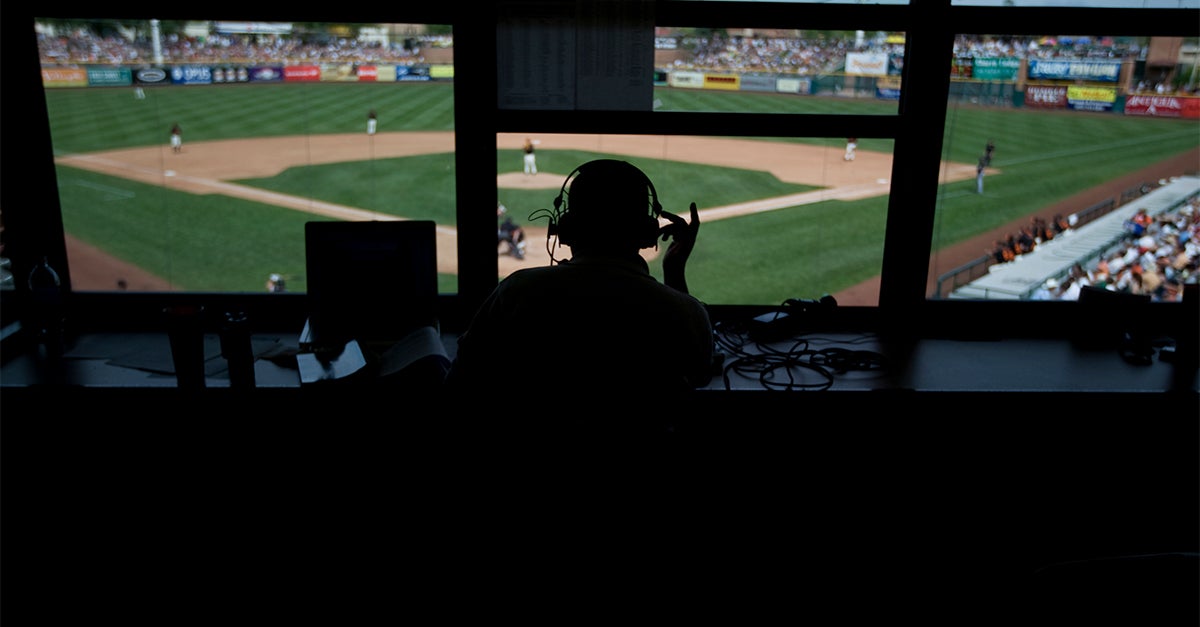
Ty Tyson
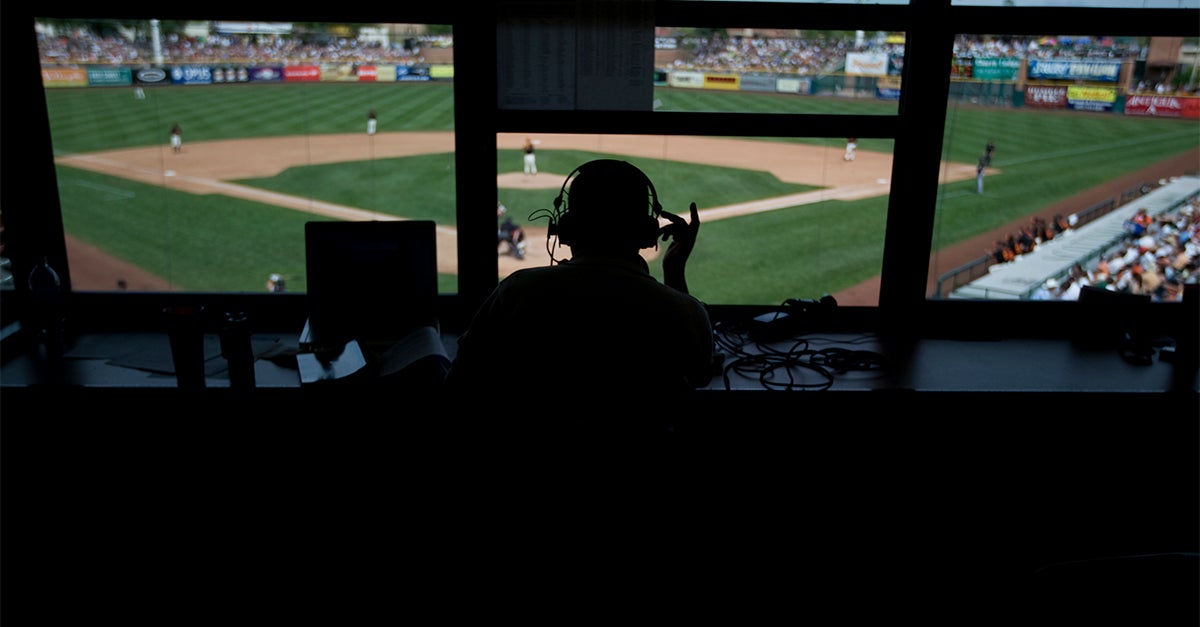
Bert Wilson
